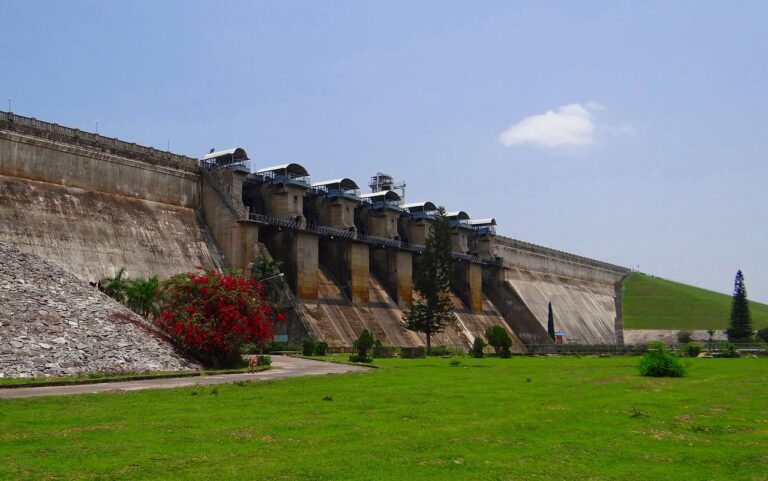The Intersection of Technology and Election Security: 11xplay pro, 24 betting login india, Skyinplay live login
11xplay pro, 24 betting login india, skyinplay live login: Technology plays a crucial role in modern elections. From voter registration to ballot counting, technology is used at every step of the process. However, this reliance on technology also brings up concerns about election security. As we have seen in recent years, the integrity of elections can be compromised by cyber attacks and other forms of interference. In this article, we will explore the intersection of technology and election security, and discuss what can be done to ensure that our elections remain fair and free from manipulation.
The Rise of Digital Voting Systems
One of the most significant changes in recent years has been the adoption of digital voting systems. These systems replace traditional paper ballots with electronic machines that record and count votes. While digital voting systems offer many advantages, such as faster and more accurate results, they also present new challenges in terms of security. Hackers could potentially target these systems to manipulate election outcomes, casting doubt on the legitimacy of the results.
Securing Digital Voting Systems
To address these concerns, election officials must take steps to secure digital voting systems. This includes implementing strong encryption measures to protect voter data, conducting regular security audits to identify vulnerabilities, and ensuring that voting machines are not connected to any external networks that could be compromised. By taking these precautions, election officials can help safeguard the integrity of the voting process and protect against potential cyber attacks.
The Role of Blockchain Technology
One promising solution for enhancing election security is the use of blockchain technology. Blockchain is a decentralized and tamper-proof digital ledger that records transactions in a secure and transparent manner. By incorporating blockchain technology into voting systems, election officials can create a verifiable record of every vote cast, which cannot be altered or tampered with. This can help ensure the accuracy and integrity of election results, giving voters greater confidence in the outcome.
Training and Education
In addition to implementing technological solutions, election officials must also invest in training and education for both election workers and voters. By providing comprehensive cybersecurity training, election workers can better identify and respond to potential threats, reducing the risk of security breaches. Similarly, educating voters on how to verify the integrity of the voting process can help increase transparency and trust in the electoral system.
Collaboration with Tech Experts
Finally, the intersection of technology and election security highlights the need for collaboration between election officials and tech experts. By working together, these two groups can develop innovative solutions to enhance the security of elections and protect against emerging threats. For example, tech experts can help identify and patch vulnerabilities in voting systems, while election officials can provide valuable insights into the unique challenges of the electoral process.
FAQs
Q: How vulnerable are digital voting systems to cyber attacks?
A: Digital voting systems are vulnerable to cyber attacks, as hackers could potentially target these systems to manipulate election results. It is essential for election officials to take proactive steps to secure voting systems and protect against potential threats.
Q: What is blockchain technology, and how can it enhance election security?
A: Blockchain technology is a decentralized and tamper-proof digital ledger that records transactions in a secure and transparent manner. By incorporating blockchain into voting systems, election officials can create a verifiable record of every vote cast, which cannot be altered or tampered with, enhancing the integrity of election results.
Q: How can election officials improve cybersecurity training for election workers?
A: Election officials can improve cybersecurity training for election workers by providing comprehensive education on identifying and responding to potential threats. By investing in training and education, election workers can better protect voting systems from security breaches.
In conclusion, the intersection of technology and election security poses both challenges and opportunities for ensuring the integrity of elections. By implementing strong security measures, leveraging blockchain technology, investing in training and education, and collaborating with tech experts, election officials can help safeguard the electoral process and protect against potential threats. By taking these steps, we can uphold the democratic principles of free and fair elections in the digital age.







